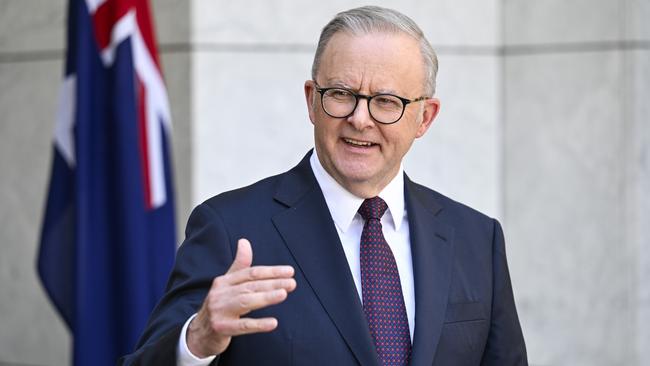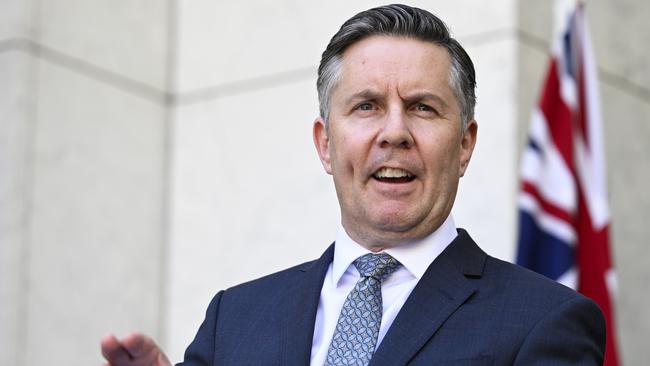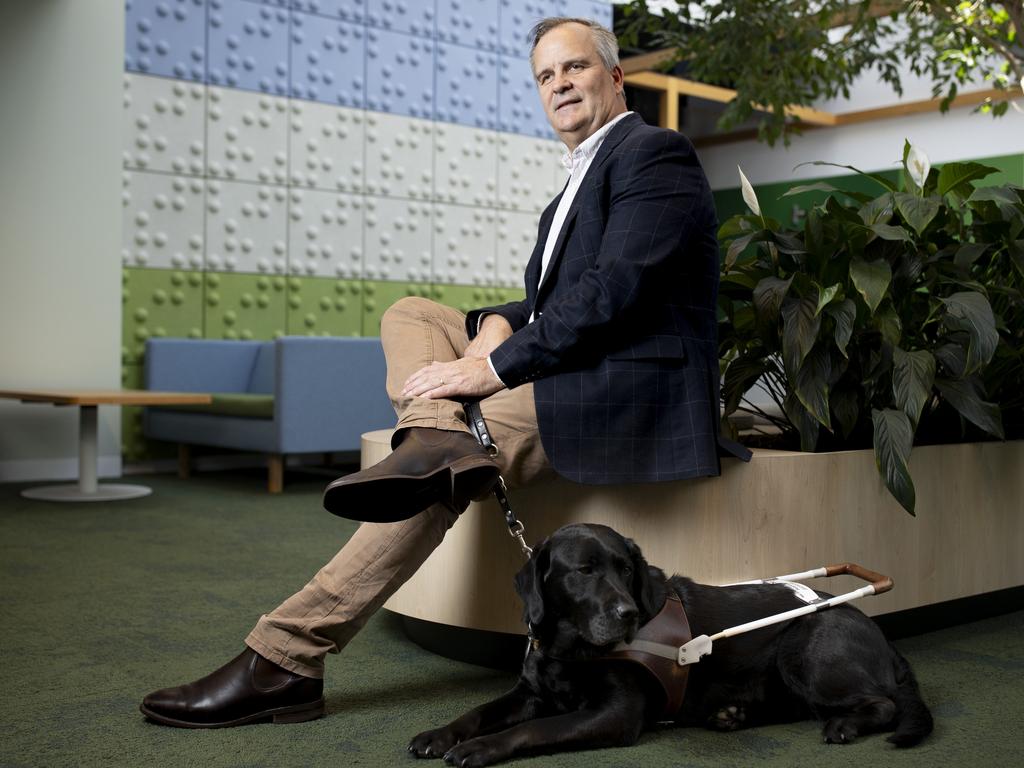Hopes for five-year deal on hospital funding dead, say premiers
Anthony Albanese announces $1.7bn as an interim funding measure for public hospitals as his government fails to reach agreement with states before the WA election being called.

Negotiations between federal and state governments to reach a five-year hospital funding deal have “failed”, according to premiers, with Anthony Albanese forced to delay any long term reform until after the election and announce a $1.7bn top up to public hospitals in the meantime.
In an announcement that was branded as a “broken promise” by the Coalition, the Prime Minister revealed Labor had settled on a single-year funding top up after time had run out to land a deal with all eight first ministers, who in 2023 agreed that a new five-year hospital funding arrangement would be contingent on their support for disabled Australians outside of the NDIS.
The $1.7bn represents a 12 per cent life in the Commonwealth’s contribution to public hospital funding, which will reach nearly $34bn by the next financial year.
“This is a really important agreement in recognition that we need to do more, in recognition of how important this is,” Mr Albanese said in Canberra.
“Everyone hears stories about the delays that occurs in emergency departments, the pressure that our public hospitals are under.”
States agreed at the December 2023 national cabinet meeting to fund a new system of supports for Australians with milder disabilities – also known as foundational supports – on a 50/50 basis with the Commonwealth, which would be negotiated alongside a five-year deal on public hospital funding.
In order to secure their in principle support, the Commonwealth also agreed to give states and territories $10.5bn in GST topups.

But following a marked lack of progress on the disability reforms, Mr Albanese in June last year “paused” hospital funding negotiations in what was widely seen as a move to pile pressure on first ministers, but which Labor sources said was done “to provide time for the further development of Foundational Supports and proposed changes to the National Disability Insurance Scheme”.
While negotiations on the five-year hospital agreement recommenced in November, no agreement was able to be reached by the time the WA government went into caretaker mode on Wednesday, ahead of its March 8 election.
Mr Albanese said discussions with state and territories on the disability reform had been “very constructive” and declaring premiers and chief ministers were “very positive” about the one year deal.
However, Tasmanian Liberal premier Jeremy Rockliff – who spearheaded efforts to delay federal NDIS legislation alongside South Australian premier Peter Malinauskas last year – said he “remained concerned” over increased demand on health services being left to states and territories.
“Negotiations have failed to meet national cabinet’s agreed position of a new five-year agreement which embeds long-term, system-wide structural health reforms,” a statement from the premier read.
“Despite the Federal Government’s chronic underfunding of the health system, Tasmanians can be assured we will always step up and ensure Tasmanians get the care they need and deserve.”
While the Northern Territory received the biggest increase in federal funding – with the $101m increase representing a 30 per cent boost – Health Minister Steve Edgington said “the reality is that the Territory public health system is underfunded in the Commonwealth’s funding distribution to states and territories”.
“We are committed to providing the best health care for Territorians and will continue to advocate the Commonwealth Government to establish a five-year agreement,” he said.
NSW health minister Ryan Park – who last year said the lack of bulk billing was forcing those with non-life threatening conditions to the emergency department – said the interim funding agreement was “an important initial step”, while Australian Medical Association President, Doctor Danielle McMullen said “more of the same” approach in funding public hospitals would not work.
“I think it is disappointing and a missed opportunity for governments to have come to a more long term agreement,” she said.
“We welcome the current funding, but encourage everyone to stay at the table and come to a … longer term agreement once we’ve gotten through election season.”







To join the conversation, please log in. Don't have an account? Register
Join the conversation, you are commenting as Logout